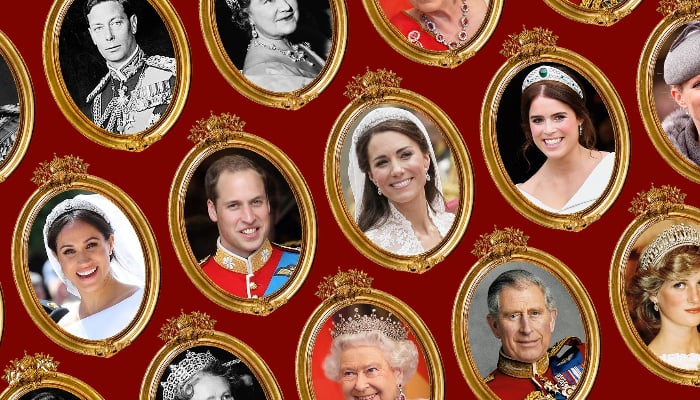Home / Royals
What really happens when a Monarch walks away from crown
Why stepping down from Royal duties changes everything?

The monarchy may be regarded as the epitome of responsibility, stability, and tradition. But history has known kings and queens who abdicate, or retire, or withdraw temporarily, Abdicate, retiring and withdrawing. When this occurs, the impact is experienced throughout the royal family, government and the citizens.
Historical Shocks
A particularly theatrical example was spotted in 1936 when King Edward VIII of the United Kingdom abdicated in order to marry Wallis Simpson.
The world was shocked by this move and his brother, George VI, had to assume the throne. The BBC reports that the monarchy went into crisis because of Edward’s abdication and that the British constitutional system was put to test (BBC, 2016).
Since then, kings have abdicated in more peaceful times. According to The Guardian, in 2014, King Juan Carlos I of Spain abdicated his throne when his popularity was on the wane, and his son, Felipe VI, assumed the crown.
Equally, Queen Beatrix of the Netherlands decided to step down in 2013, indicating that it was high time to enable the youth to lead (The Guardian, 2014).
Transition of Power
The change of a monarch is not merely a formality-it is constitutional. The laws of succession take effect, heirs need to be ready, and the government needs to assure citizens.
As historians explain, these changes usually give rise to charges that the relevance of the monarchy today is under question, yet they also demonstrate that institutions can evolve.
Temporary Withdrawals
Not every step-back is a permanent one. Later in her life, Queen Elizabeth II slowly divested herself of responsibilities and Prince Charles could make more appearances.
According to the official site of the Royal Family this was aimed at ensuring continuity and stability as well as training the new generation to assume leadership (Royal.uk). Similarly, Queen Margrethe II of Denmark also recently became a half-time worker who shares duties with Crown Prince Frederik.
Public Reaction
The important role belongs to the public opinion. Royal commentators reckon that there is usually a mixture of emotions with abdications, shock and doubt on one hand, and relief at the new leadership on the other.
According to recent polls, a good number of citizens are open to generational change, although critics say that by stepping down, the monarchy loses its status as a lifelong service.














